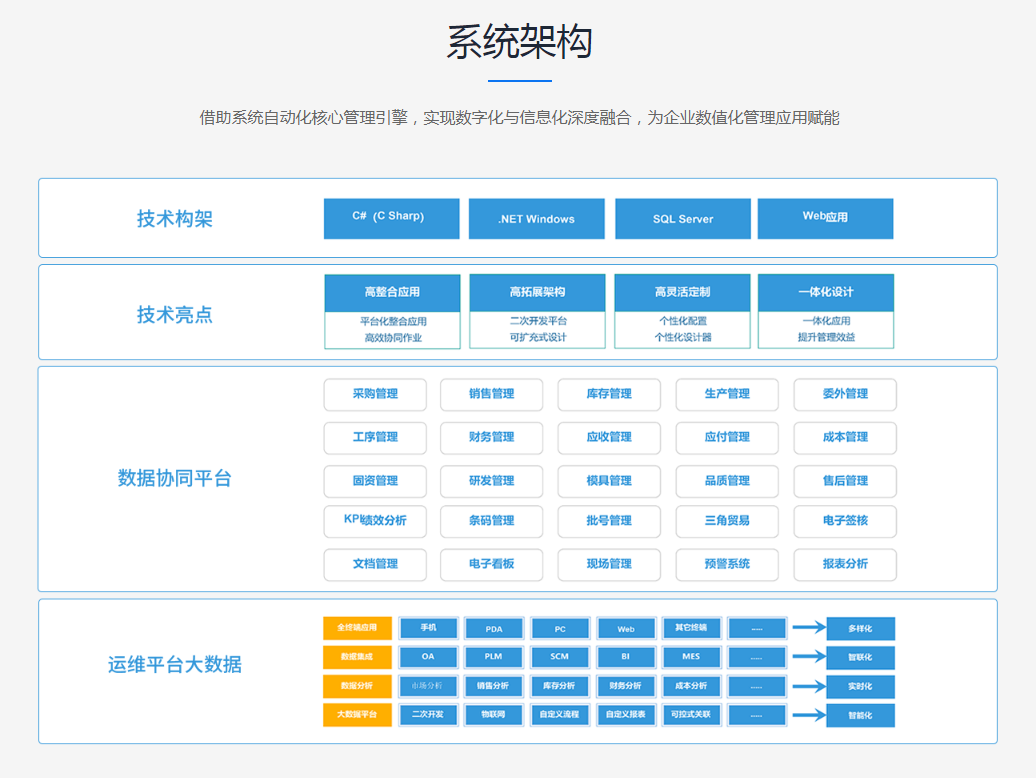How to ensure the data security of ERP systems?
With the popularization and wider scope of ERP systems, the data security of ERP systems is also increasingly valued, and many confidential information related to enterprise life is stored in the ERP system. Therefore, if the ERP system is not used properly, it may cause data leakage and loss. So how to ensure the data security of the ERP system? Next, the Shunjing Software editor will provide a detailed introduction to this issue for everyone.

Methods to ensure data security in ERP systems:
1. Develop ERP system data standards
What should be the data requirements for ERP systems? What are the required key data items? What are the standard requirements for filling out? How often should I fill it out? Who should fill it out? What are the scenarios when filling out the form? Wait, all of this needs to be clear!
Due to the vast amount of data involved in ERP systems, it is impossible to include all data. Therefore, what needs to be listed here must be several data related to the core of enterprise operations, and the output of these data should be directly related to the operational management indicators of the enterprise, only in this way can the effectiveness be ensured.
2. Develop ERP system data validation strategy
How to verify that the data in the ERP system is correct? There must be a verification mechanism here, such as total amount verification, sub item data verification, related data verification, manual verification, and other methods. Only after determining the data verification strategy can these verification strategies be considered as data verification tools, which can be automated through the system to greatly improve the efficiency of data verification.
3. Develop a data security mechanism for ERP systems
Need to determine the cycle of data security check, which should be checked once a week, once a month, or quarterly or semi annually? What data needs to be checked once a month? What data is checked only once a quarter or a year? The security check cycle for data should also vary depending on the type of business. In addition, whether data security checks are completed by enterprises themselves or as value-added services provided by software service providers is directly related to the budget, staffing, service provider capabilities, and depth of cooperation between the two parties.
4. Develop improvement measures after data security checks
Data problems need to be rectified in a timely manner, how can they be improved? Is it a software issue, an operational issue, or a problem with business rules and processes? It is necessary to carefully analyze and clarify the problems, and assign them to the responsible person to promote improvement. Only in this way can the system be used more smoothly, and the data in the ERP system can also become more accurate and timely.
The above information on how to ensure the data security of ERP systems is shared with everyone here. After all, many enterprises store confidential information in ERP systems. If the security of the data is not sufficient, it means that there is a risk of leakage of confidential information in the enterprise. Therefore, it is necessary to ensure the data security of ERP systems.





